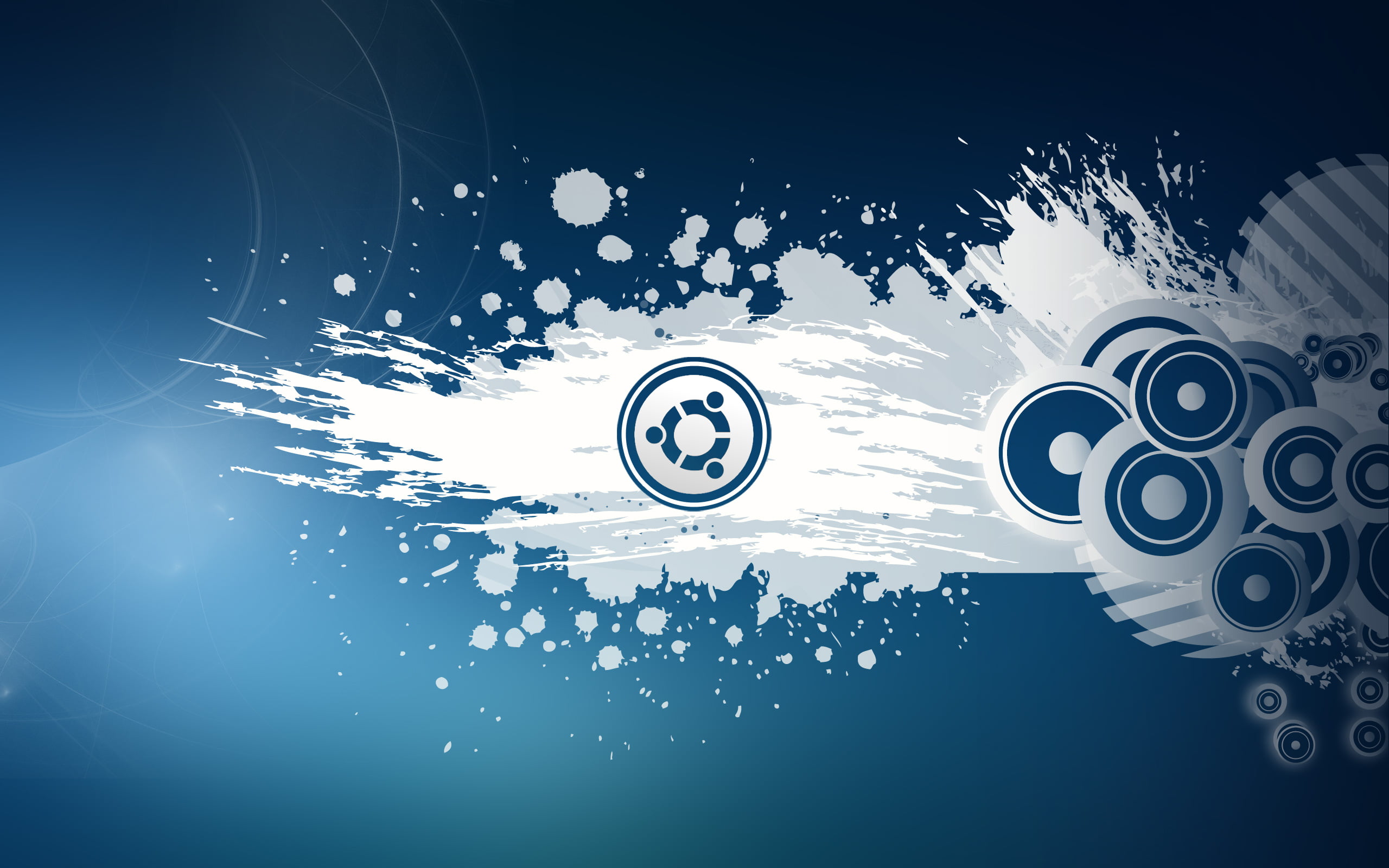Overview of Linux and Ubuntu
Hello Guys,
Today in this article we will discuss about Linux and Ubuntu.
Linux is the most famous and widely used open-source operating system. As an operating system, Linux is a piece of software that sits under all other software on the computer and can receive requests from those programs and relay those requests to the computer's hardware.
How does Linux work? The design of Linux is similar to UNIX, but it has been developed to run on a variety of hardware from phones to supercomputers. Each Linux-based operating system contains a Linux kernel (used to manage hardware resources) and a set of software packages that make up the rest of the operating system.
Ubuntu (pronounced oo-BOON-too) is an open-source Linux distribution based on Debian. Sponsored by Canonical Ltd., Ubuntu is considered an ideal distribution for beginners. The operating system is mainly used for personal computers (PCs), but can also be used on servers. Ubuntu is more resource friendly. Last but not least, Ubuntu can run on older hardware that is better than Windows. Compared with any Linux distribution, even if Windows 10 is said to be more resource-friendly than its predecessor, it cannot be done.
Today in this article we will discuss about Linux and Ubuntu.
1. Linux
 |
| Linux |
Linux is the most famous and widely used open-source operating system. As an operating system, Linux is a piece of software that sits under all other software on the computer and can receive requests from those programs and relay those requests to the computer's hardware.
How does Linux work? The design of Linux is similar to UNIX, but it has been developed to run on a variety of hardware from phones to supercomputers. Each Linux-based operating system contains a Linux kernel (used to manage hardware resources) and a set of software packages that make up the rest of the operating system.
Below you'll find links that lead directly to the download page of 25 popular Linux distributions.
| Ubuntu | CentOS | Debian | Fedora | Slackware |
| Mint | Xubuntu | Arch | OpenSUSE | Red Hat |
| Slackel | PureOS | Mageia | PCLinuxOS | Puppy |
| Zorin | BunsenLabs | Kubuntu | Manjaro | Bodhi |
| Netrunner | Neptune | Kali | Black Lab | Solus |
2. Ubuntu
 |
| Ubuntu |
Ubuntu (pronounced oo-BOON-too) is an open-source Linux distribution based on Debian. Sponsored by Canonical Ltd., Ubuntu is considered an ideal distribution for beginners. The operating system is mainly used for personal computers (PCs), but can also be used on servers. Ubuntu is more resource friendly. Last but not least, Ubuntu can run on older hardware that is better than Windows. Compared with any Linux distribution, even if Windows 10 is said to be more resource-friendly than its predecessor, it cannot be done.
Features
The default installation of Ubuntu contains a variety of software, including LibreOffice, Firefox, Thunderbird, Transmission, and Sudoku games (such as Sudoku and Chess). Many other software packages can be accessed from the built-in Ubuntu software (formerly Ubuntu Software Center) and any other APT-based package management tools. In the repository where the main tool or any other APT-based package management tool is still installable, you can still access many other packages that are no longer installed by default, such as Evolution, GIMP, Pidgin, and Synaptic. Cross-distribution captures and flatpacks are also provided, both of which allow the software to be installed in most major Linux operating systems (such as any currently supported Ubuntu version and Fedora), such as certain software from Microsoft. The default file manager is GNOME Files, formerly known as Nautilus.
All application software installed by default is free software. In addition, Ubuntu has redistributed some hardware drivers only available in binary format, but such packages are clearly marked in the restricted components.


Comments
Post a Comment